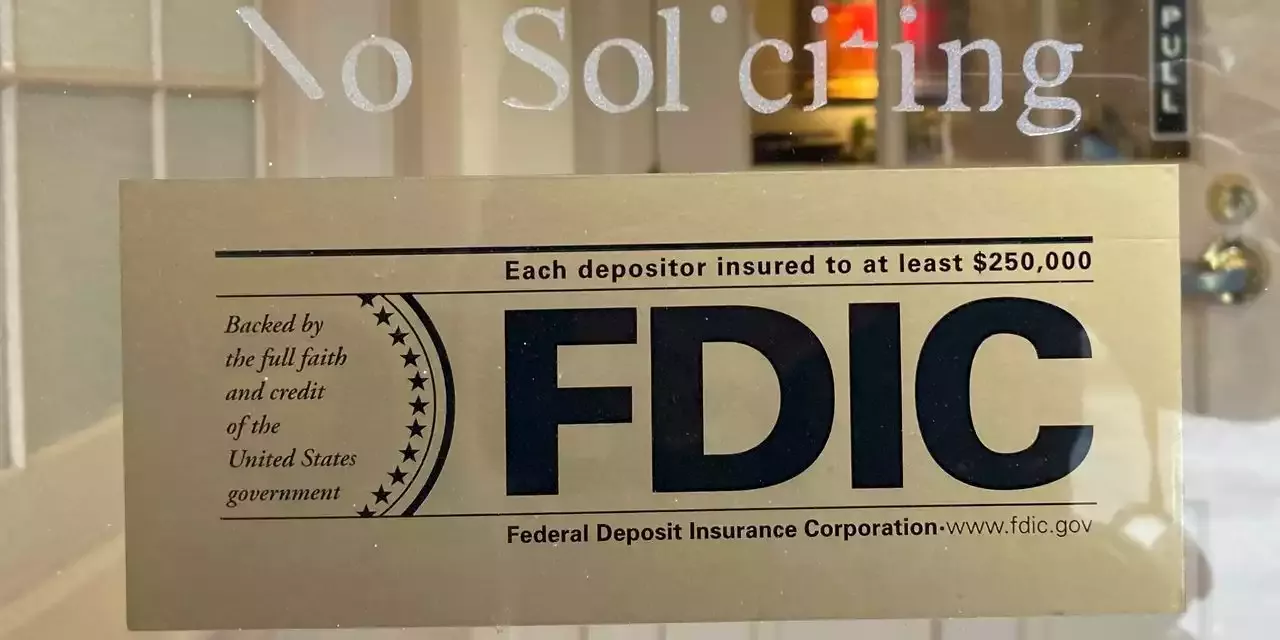This has not been a good year for U.S. banks. Silicon Valley Bank and Signature Bank saw depositor runs in early March, which were soon followed by regulators seizing both banks and wiping out shareholders. Within two months, First Republic Bank also saw a depositor run, and was itself seized by regulators.
But what economic policies and corporate decisions got us here? And was the regulatory response justified or will it ultimately make matters worse? Good rule, bad outcome But what if there was an investor for whom such price fluctuations did not matter? Through the magic of hold-to-maturity accounting, it turns out that banks can buy Treasury bonds, clip the coupon, and pretend that those bonds do not fall in price if interest rates increase, as long as the banks intend to hold these Treasurys until they mature.
Loose money and fast slides In 2022, the Fed’s very loose monetary policy, combined with severe COVID-19-induced supply-chain disruptions and a spike in energy and commodity prices caused by the start of the Ukraine war, resulted in the largest jump in U.S. inflation since the early 1980s.
